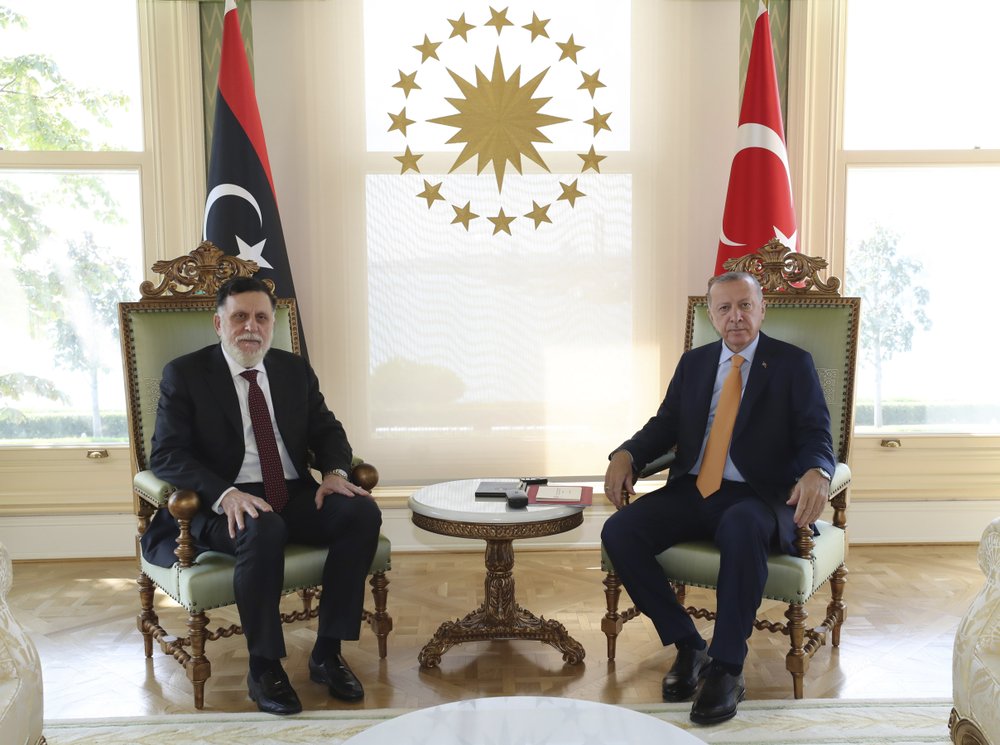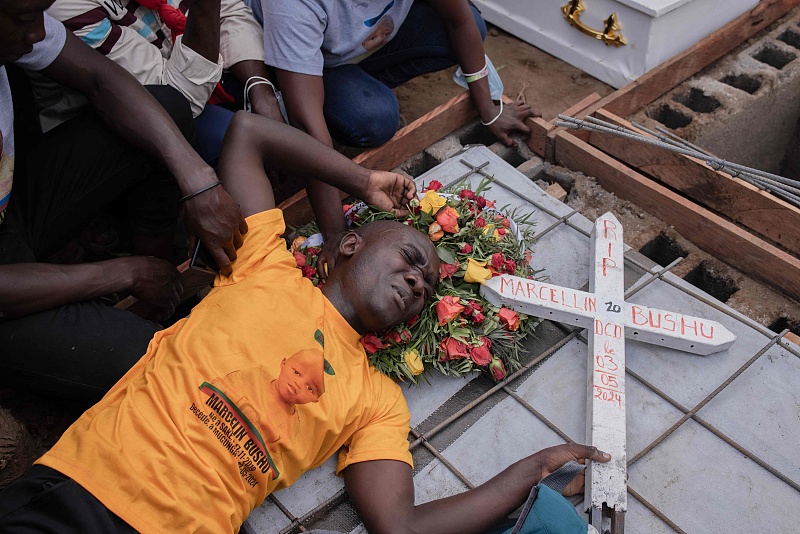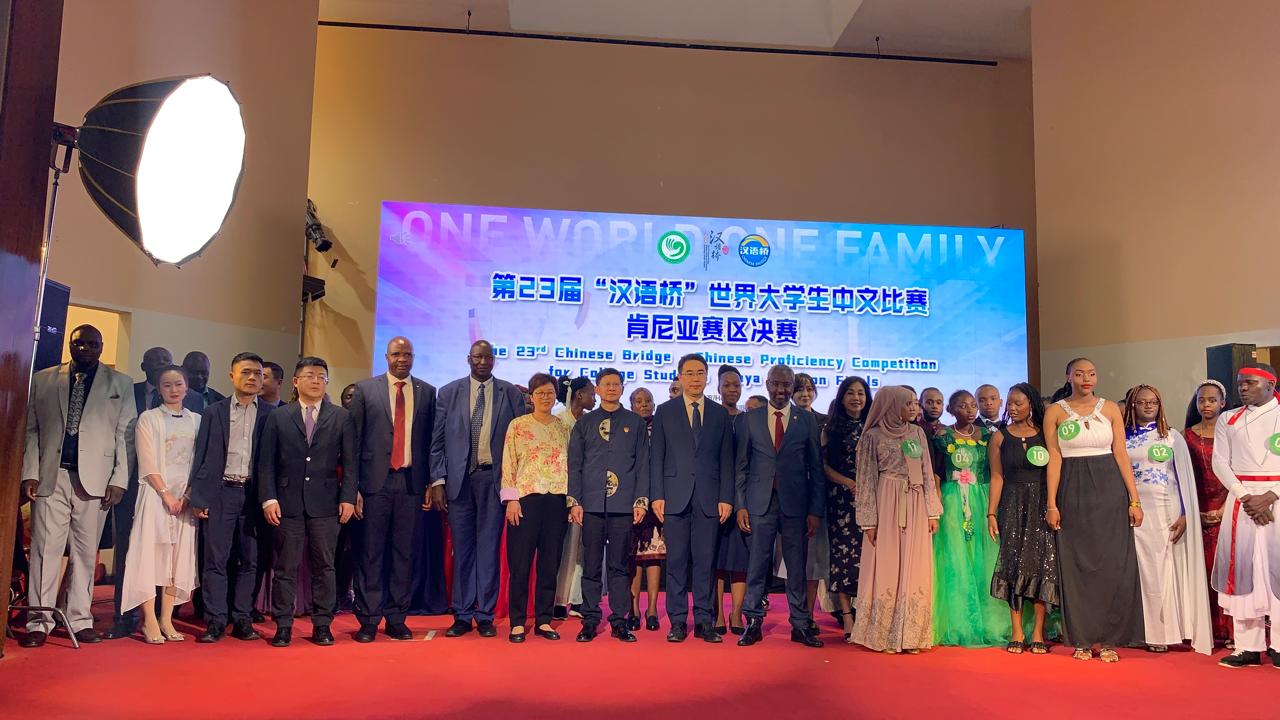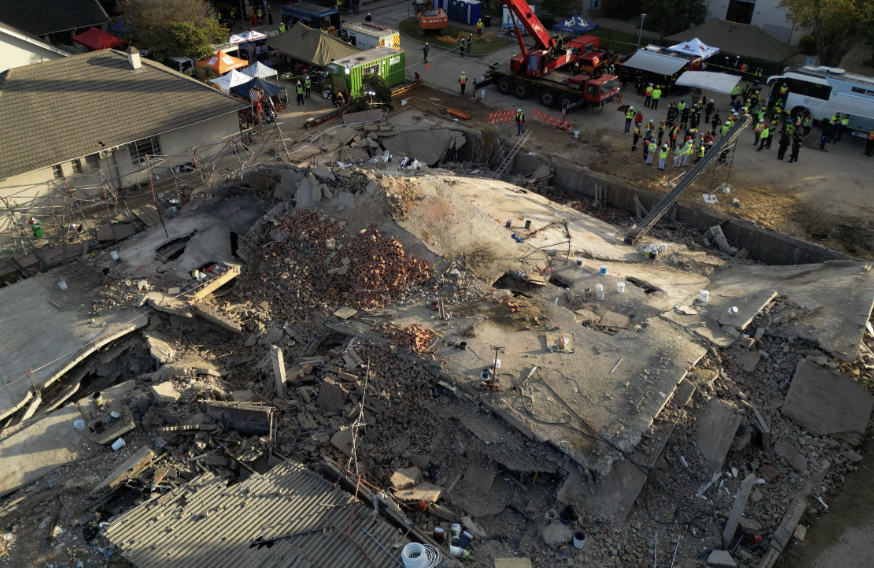
Leader of Libya’s UN-backed government wants to hand over power

The head of Libya’s U.N.-supported government said Wednesday night that he wants to hand over power to a new administration in October, amid peace talks on ending the country’s yearslong conflict.
Fayez Serraj said the U.N.-brokered talks between the country’s rival factions have led to a “new preparatory phase” to unify Libyan institutions and prepare for parliamentary and presidential elections.
“I announce to everyone my sincere desire to hand over my duties to the next executive authority, no later than the end of next October,” he declared in a televised speech from the capital, Tripoli.
Sarraj, who arrived in Tripoli on Wednesday after a visit to his close ally Turkey, urged negotiators to quickly name the new administration to “secure a peaceful and smooth transition.”
U.N. Secretary-General Antonio Guterres said at a news conference Wednesday that Libya requires a new political process.
“That political process needs to renew the institutions that exist and, at the same time, to move for elections in an acceptable delay,” he said. “There are signs of hope.”
Guterres said also there are “promising contacts” to agree on a lasting cease-fire rather than the currently existed military standstill.
Sarraj, a 60-year-old former architect, was appointed in 2015 to lead the presidential council, created by a political agreement that was signed by Libya’s factions in Skhirat, Morocco.
However, the agreement failed in its aim of creating a national government in Tripoli and ending the divide between the rival parliaments, governments and military coalitions in Libya, and the conflict morphed into a bloody proxy war.
Wednesday’s announcement came amid protests over dire living conditions and corruption across the divided country.
The demonstrations exposed a rift within the U.N supported government and led to a rival administration in the east to resign.
Military commander Khalifa Hifter, who controls Libya’s east and south, is supported by the United Arab Emirates, Russia, Jordan and Egypt. The Tripoli forces that hold the country’s west are supported by the wealthy Gulf state of Qatar and by Turkey, a bitter rival of Egypt and the UAE in a broader regional struggle over political Islam.






